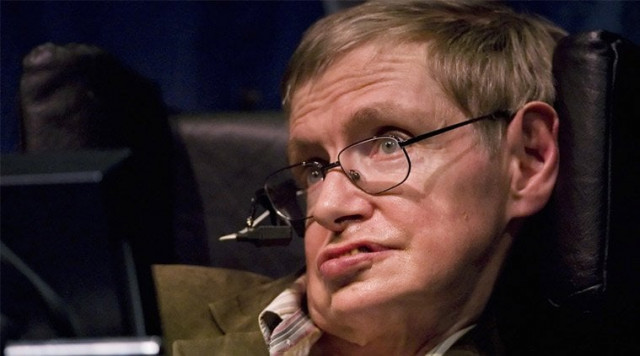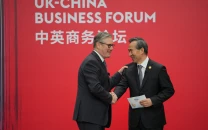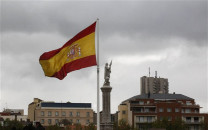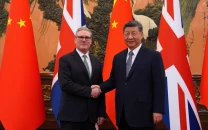Stephen Hawking urges Britons to stay in EU
'We need to be part of a larger group of nations, both for our security and our trade' he says

Theoretical Physicist Stephen Hawking.
PHOTO: REUTERS
"Gone are the days when we could stand on our own against the world," Hawking, one of the world's best known scientists, said in an interview on ITV's Good Morning Britain television show.
"We need to be part of a larger group of nations, both for our security and our trade," he said.
Brexit: A long, complicated divorce
He said freedom of movement for academics and research funding were the most important reasons to stay in the bloc.
"At the level of research, the exchange of people enables skills to transfer more quickly and brings new people with different ideas," he said.
Asked if he could explain Trump's popularity, Hawking said: "I can't. He's a demagogue who seems to appeal to the lowest common denominator."
A British vote to leave the European Union in next month's referendum would put almost £1 billion in EU research funds given to Britain at risk, a study by research company Digital Science warned this month.
Competitive research funding from the EU and European Research Council to Britain amounted to £967 million (1.24 billion euros, $1.39 billion) in 2015.
Stay or go? Brexit activists battle it out
Britain is the second largest recipient of EU research funds after Germany, receiving £8.04 billion in the past decade compared to £8.34 billion for Germany, the study found.
The amount is equivalent to 7.4 percent of Britain's net contribution to the EU budget over the same period.
The report authors said the extent of EU funds concealed the fact that, despite its world-class reputation, Britain does not invest as much in research as its competitors.
Germany spent 2.85 percent of GDP on research in 2013, according to the latest figures from the World Bank, while Britain spent just 1.63 percent.



















COMMENTS
Comments are moderated and generally will be posted if they are on-topic and not abusive.
For more information, please see our Comments FAQ